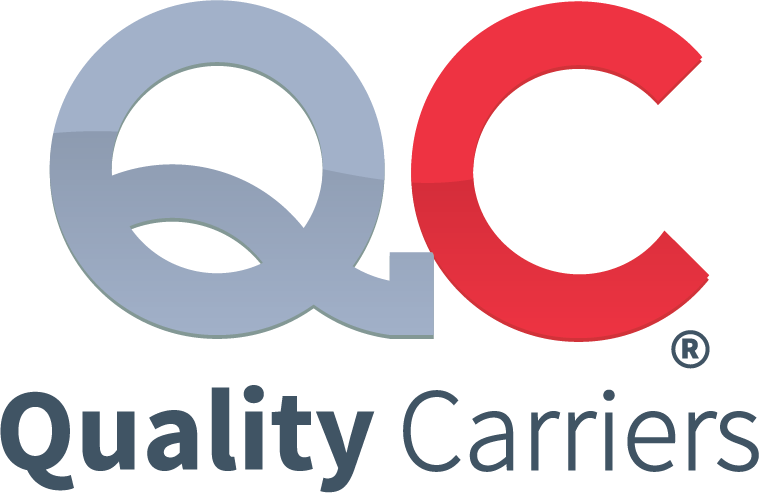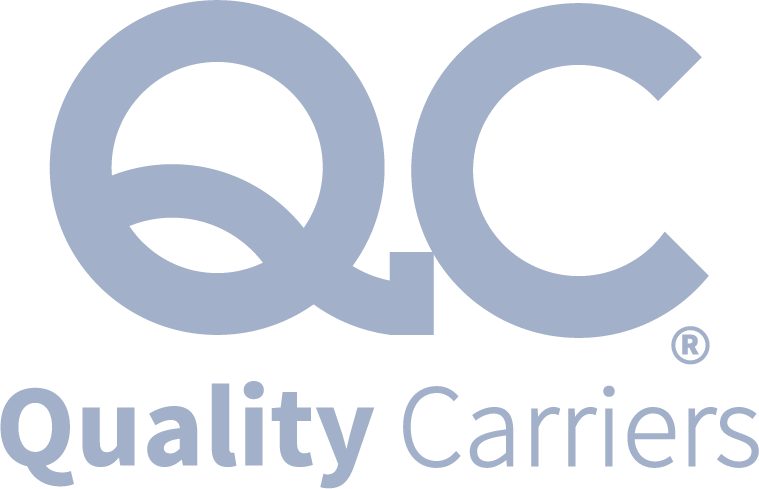Entering the trucking industry as an owner operator provides a path to independence and the opportunity for a fulfilling career. However, it also comes with its unique set of challenges and responsibilities. We’ve compiled a list of essential success tips to help new owner operators thrive in this competitive field. Whether you’re considering owner operator jobs or have recently made the leap, these insights can help you navigate the road to success.
1. Get Experience as a Company Driver First
Starting as a company driver before becoming an owner operator is a valuable step in your trucking career. It allows you to gain essential experience, understand the industry, and learn the intricacies of long-haul trucking without the added responsibilities and financial risks of ownership. As a company driver, you’ll get hands-on experience in trucking, such as handling different types of freight, managing delivery schedules, and dealing with regulations. This experience will provide a solid foundation for your future as an owner operator.
2. Understand the Freight Market
To succeed as an owner operator, it’s crucial to have a deep understanding of the freight market. Familiarize with the supply and demand dynamics in the areas you plan to operate. Monitor market trends, pricing fluctuations, and seasonal variations closely. This knowledge will help you decide which loads to take, when to negotiate rates, and when to wait for better opportunities. Staying informed about the freight market can significantly impact your profitability and success.
3. Have a Plan for Long-Term Success
Long-term success as an owner operator requires careful planning and strategy. Create a comprehensive business plan that outlines your financial goals, operational strategies, and growth objectives. Consider fuel efficiency, maintenance costs, insurance, and savings for unforeseen expenses. Establish a budget and stick to it. It is crucial to build a solid financial foundation for weathering economic downturns and ensuring the sustainability of your owner operator business.
4. Have Money in the Bank
Before leaping owner operator status, having a financial cushion in place is essential. Owning and operating a trucking business comes with various expenses, including equipment maintenance, fuel, insurance, permits, and unexpected repairs. Financial safety can help you cover these costs during slow periods or emergencies. It’s advisable to have several months’ worth of living and operating expenses saved up to ensure you can weather financial challenges without jeopardizing your business.

5. Develop a Support Network
Establishing a solid support network is vital for owner operators. This network can include fellow truckers, industry associations, mentors, and family members who understand the challenges and demands of the trucking profession. They can provide guidance, advice, and emotional support when needed. Additionally, networking within the industry can help you access valuable information, find reliable load sources, and stay updated on industry trends and regulations.
6. Decide if Leasing is for You
One crucial decision new owner operators face is whether to purchase their truck outright or lease one from a carrier or leasing company. Leasing can offer advantages like lower upfront costs and access to newer equipment. However, it also comes with contractual obligations and may limit your flexibility. It’s essential to carefully evaluate the terms of any lease agreement, including lease payments, mileage limitations, maintenance responsibilities, and the option to buy the truck at the end of the lease term. When contemplating leasing, aligning this decision with your long-term objectives and current financial circumstances is essential.
7. Choose the Right Truck
Selecting the right truck for your owner operator business is a pivotal decision. Consider factors such as the type of freight you plan to haul, the distance you’ll be traveling, and your budget when choosing your truck. Research different makes and models, and pay attention to fuel efficiency, maintenance history, and overall reliability. It’s often a good idea to have a mechanic inspect the truck before purchase to ensure it’s in excellent condition. Ensure the truck meets your needs and aligns with your long-term business goals.
8. Track Operating Expenses
Keep an eye on your operating expenses to maintain profitability. Create a detailed record of all expenses related to your trucking business, including fuel, maintenance, insurance, permits, tolls, and other costs. Utilize accounting software or apps to streamline expense tracking and maintain organized financial records. Ensure that you do a regular review of your expenses. It will help you identify areas where you can cut costs, improve efficiency, and make informed financial decisions.
9. Find an Accountant Who Knows Trucking
Partnering with an accountant specializing in the trucking industry can be a significant asset to your owner operator business. An experienced trucking accountant understands the industry’s unique financial challenges and tax implications. They can help you navigate tax deductions, compliance with IRS regulations, and strategies for maximizing your financial efficiency. Having a knowledgeable accountant on your team can save you money and ensure your financial affairs are in order.
10. Make Informed Business Decisions
As an owner operator, you’ll frequently encounter decisions that impact your business, from choosing loads and negotiating rates to making equipment and maintenance choices. It’s crucial to approach these decisions with a business mindset. Analyze the potential risks and rewards, and consider your long-term goals that align with your business plan. Seek advice from experienced professionals or mentors in the industry when facing significant choices, as their insights can be invaluable.
11. Balance Work and Home Time
As an owner operator, maintaining a healthy work-life balance is essential. It will affect your well-being and the long-term sustainability of your career. Long hours on the road can pose physical and mental challenges, so it’s crucial to prioritize time for rest. Plan your routes and schedules to allow you to spend quality time with your family and recharge. Effective time management, setting boundaries, and communicating your schedule with loved ones can help strike a balance between work and home life.
12. Stay Updated on Industry Trends
The trucking industry constantly evolves. It can be new technologies, regulations, and market dynamics emerging regularly. To remain competitive and make informed decisions, staying updated on industry trends is essential. Subscribe to industry publications, join professional associations, and participate in industry forums or conferences. Staying on top with the latest developments will help you adapt to changes. It will seize new opportunities and maintain a competitive edge in the market.
13. Get a Good Load Board and Track with Apps
A reliable load board is a valuable tool for finding profitable freight opportunities. Look for load boards that match your specific needs and preferences. Additionally, consider using mobile apps and software to track loads, manage schedules, and monitor your business’s financial performance. These tools can streamline your operations, improve efficiency, and help you stay organized while on the road.

14. Embrace Technology
Technology plays a significant role in the trucking industry, and owner operators can benefit from embracing it. Explore advanced telematics systems, GPS navigation, and electronic logging devices (ELDs) to enhance efficiency and compliance. Stay open to new technologies to improve fuel efficiency, reduce maintenance costs, and streamline administrative tasks. Adapting to technological advancements can give you a competitive edge in the industry.
15. Seek Mentorship and Professional Development Opportunities
Continuous learning and mentorship can significantly contribute to your growth and success as an owner operator. Consider connecting with experienced trucking professionals who can offer guidance and help you navigate challenges. Additionally, explore professional development opportunities like workshops, training programs, and industry certifications. Investing in your skills and knowledge can enhance professionalism and increase earning potential.
In conclusion, following these tips, new owner operators have a roadmap to success. By combining industry knowledge, financial planning, personal support, and a commitment to ongoing learning, they can navigate the challenges of the trucking profession and build a thriving and fulfilling career. Success in the world of owner operators comes from a blend of experience, strategy, and dedication.
FAQs about Success Tips For New Owner Operators
When selecting a truck, consider the type of freight you plan to haul, fuel efficiency, maintenance history, and budget. Choosing the right truck that aligns with your needs is crucial for success and comfort.
Leasing a truck typically involves lower upfront costs, while purchasing provides ownership and potentially higher long-term returns. The choice depends on individual circumstances, financial goals, and preferences.
Common challenges include fluctuating income, managing expenses, and coping with extended time away from home. Overcoming these challenges involves:
– Budgeting.
– Building a financial safety net.
– Maintaining a healthy work-life balance.









